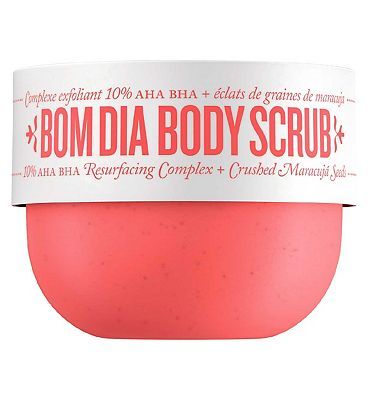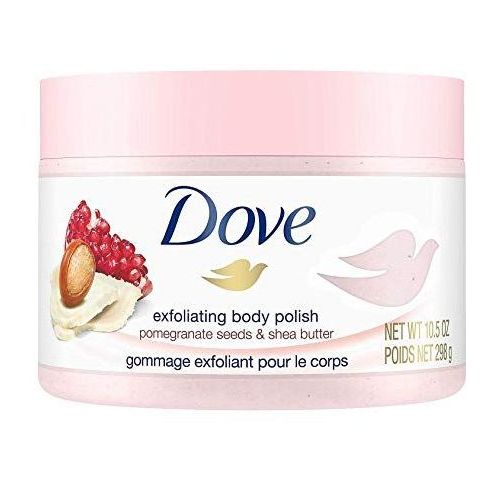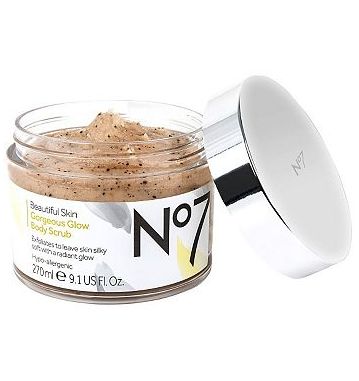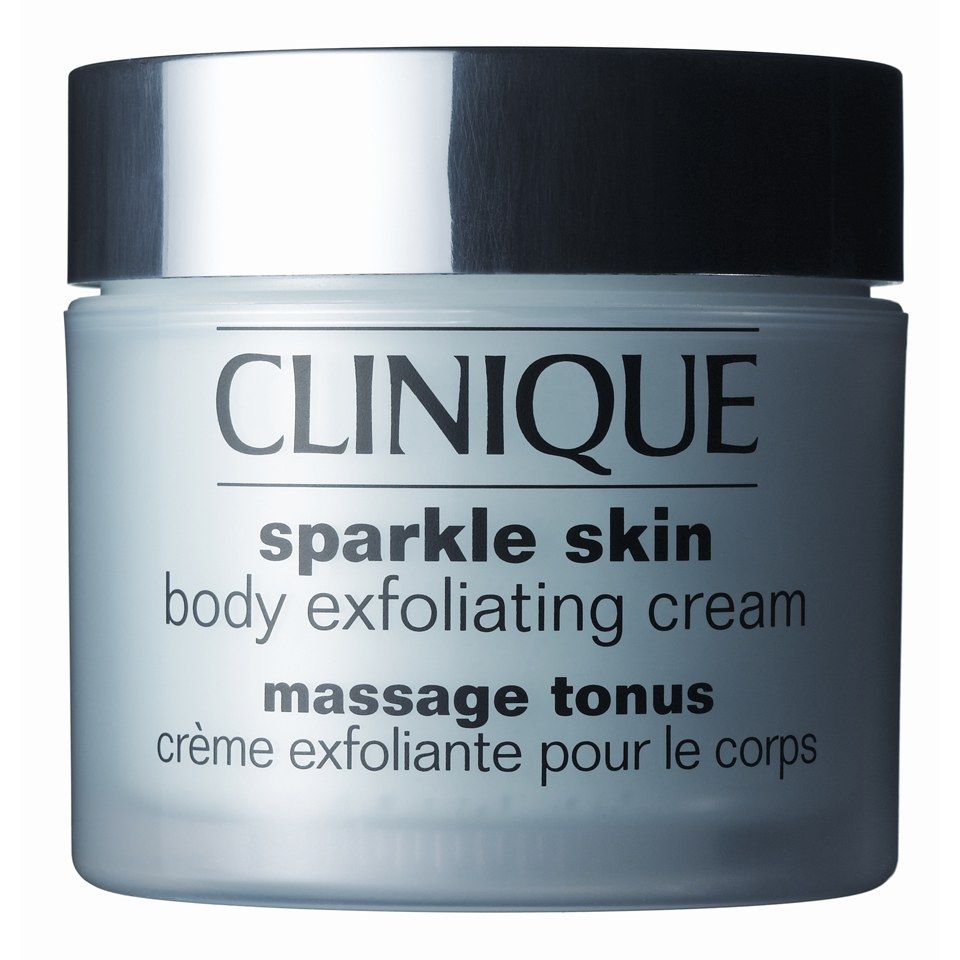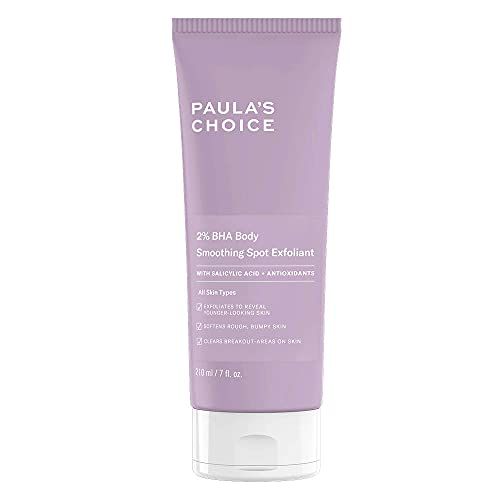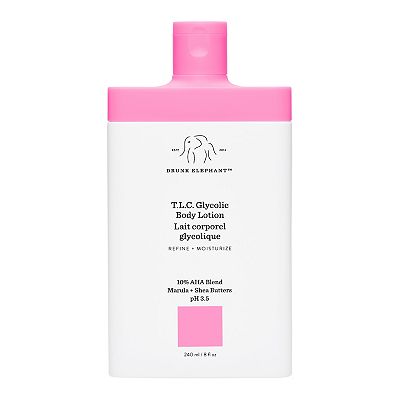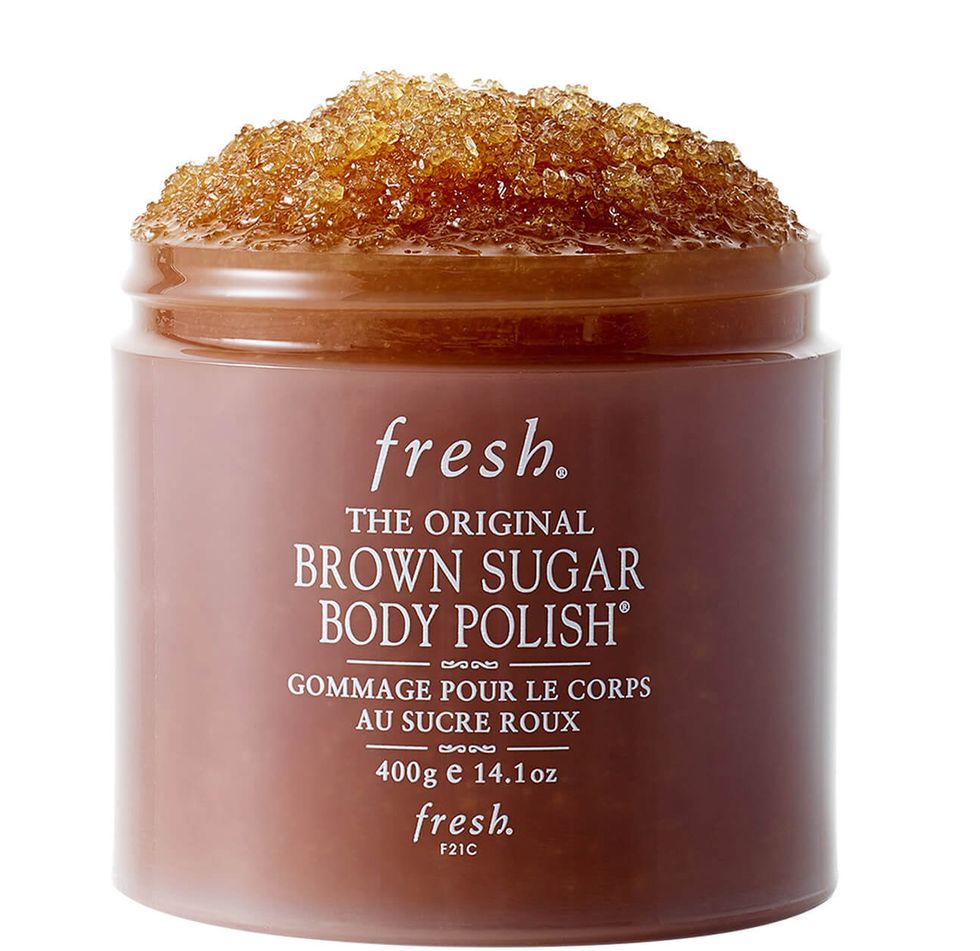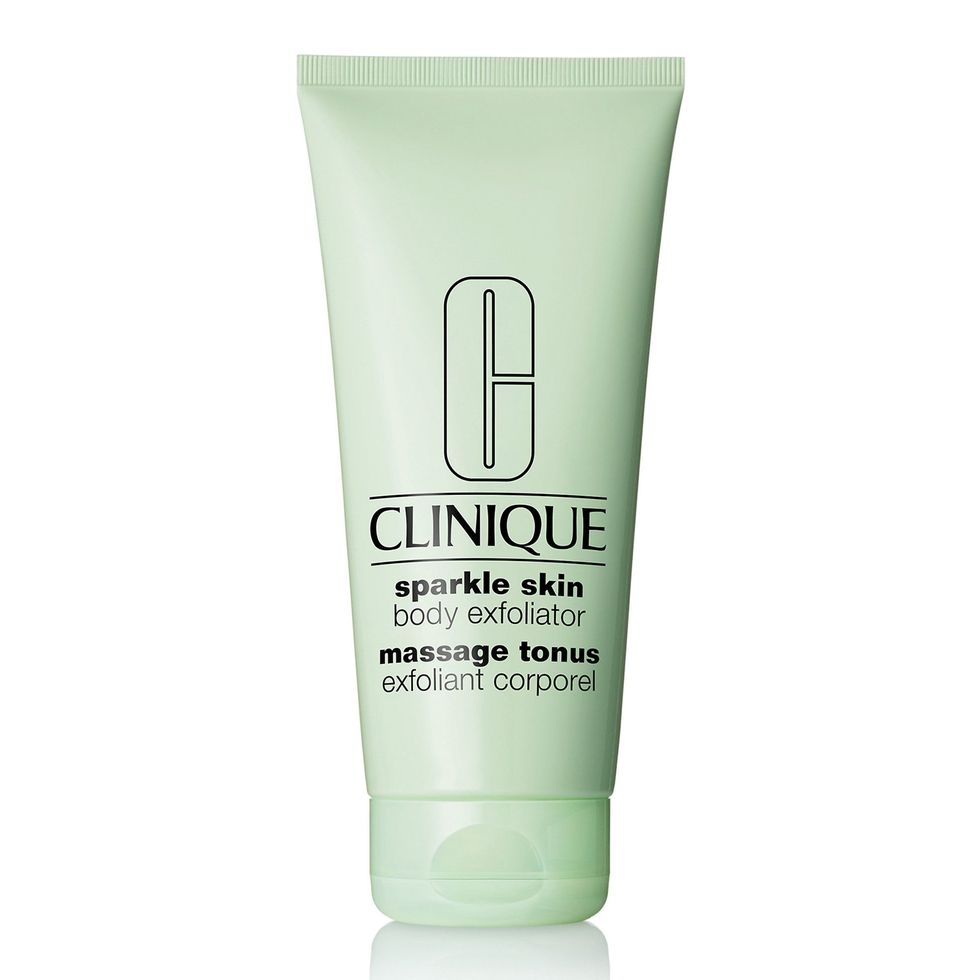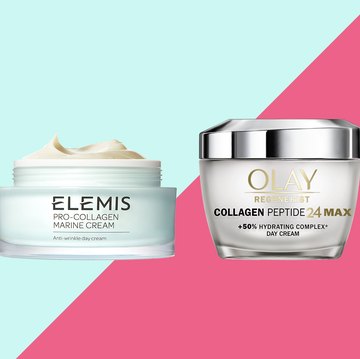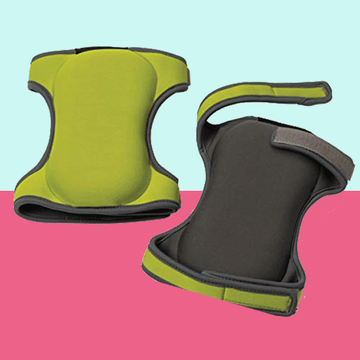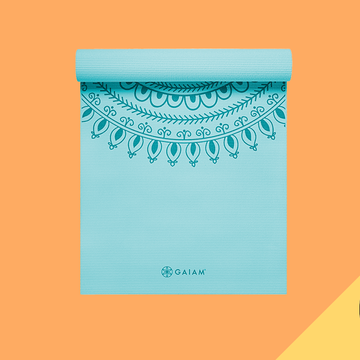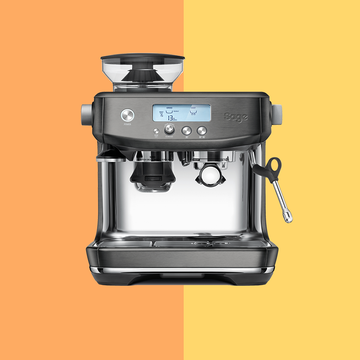We earn a commission for products purchased through some links in this article.
8 best body scrubs and chemical exfoliators for dry skin, tested by experts
Buff away dryness with the exfoliants that scrubbed up best in our GHI tests

As summer is approaching and beauty regimes are due a seasonal switch up, along with trying to figure out how to sleep during a heatwave, it’s worth considering upgrading your exfoliating routine.
Higher temperatures and all that sweating on public transport can lead to clogged pores and a build-up of dead skin cells, leaving you with dull, dehydrated skin. Plus, if you want a healthy tan to stick, be it from one of the best instant fake tans or the real deal, you need a fresh, even canvas.
To help you find the best body scrubs for smoother, more polished skin, the Good Housekeeping product reviews experts tried and tested a range of leading physical and chemical exfoliators.
These are the standout formulations that impressed them the most, but scroll down for their full reviews and our guide to their benefits.
Why should I exfoliate?
Every skin cycle (around 28 to 30 days long), we shed dead cells. These gather on the skin’s surface and clog pores, causing blemishes, roughness and dryness that leave it looking dull and ashy.
Not only does resurfacing the top layer of skin remove these dead cells and lift dirt, but it also allows for better absorption of nourishing moisturisers and body oils deeper into the epidermis.
However, like most things, exfoliating is only healthy in moderation – most skincare experts agree that once or twice a week is the sweet spot for smoother skin without any irritation.
What’s the difference between physical and chemical exfoliators?
We asked Dr Grace Hula, an aesthetic doctor, to explain the difference between chemical and physical exfoliation and the benefits of both.
‘Physical exfoliation involves the use of abrasives, such as scrubs or brushes, to physically remove dead skin cells from the surface of the skin,’ she explains. ‘Chemical exfoliation uses chemical compounds, such as alpha-hydroxy acids (AHAs) and beta-hydroxy acids (BHAs), to dissolve the intercellular glue that holds dead skin cells together.’
Dr Hula recommends physical scrubs for immediately removing dead skin cells and instantly improving your skin’s texture and tone – helpful if you’re going on holiday the next day – but advises against harsh exfoliators.
‘Physically exfoliating can stimulate circulation and increase your skin’s natural radiance,’ she says. ‘However, it’s important to use gentle physical exfoliants, such as soft bristle brushes and finely ground scrubs, as harsh abrasives (such as those plastic netted shower polishers or hard bristle brushes) can cause micro-tears in the epidermis, especially if your skin is sensitive.’
For a gentler, yet still effective, alternative, Dr Hula suggests chemical exfoliation, which reaches deeper into your skin to improve its overall health.
‘Look for AHAs (alpha hydroxy acids), such as glycolic acid and lactic acid, which exfoliate the top layers of your skin and help to reduce the appearance of fine lines, wrinkles and hyperpigmentation,’ she advises. ‘BHAs (beta hydroxy acids), such as salicylic acid, are oil-soluble and can penetrate further into pores to unclog them and prevent breakouts.’
Is physical or chemical exfoliation best for my skin type?
If you’re eager to start fake tanning to top up your summer glow, you’ll need to resurface the top layers of skin for an even tan, whatever your skin type.
Chemical exfoliants tend to be milder and less disruptive to sensitive skin than physical ones, as explained by Dr Hula above, but many of our recommended products actually contain a clever combination of the two. Some have had their rough, chunky textures softened by oils or honey; some feel more like smooth moisturiser to apply; and others sit somewhere in between – think small beads swimming through silky creams.
Given that chemical exfoliants dissolve dead skin cells, rather than sloughing them away, they are often less likely to irritate sensitive skin than scrubs. That said, there are plenty of physical exfoliators that feature finer, softer abrasives to relieve dryness gently. If in doubt, or if you have an inflammatory skin condition, always consult a dermatologist or doctor.
How we test body scrubs and exfoliators
Our beauty experts recruited 250 panellists to help them test 13 chemical and physical body exfoliators. They reported any improvements to their skin’s softness, smoothness and hydration, and noted if the product left a pleasant fragrance.
These are the products that topped their summer wish list.
Florence is our Senior Beauty Writer, specialising in expert-tested beauty and grooming reviews — from toothbrushes to the latest skincare launches. She’s committed to sharing recommendations for products that truly work and make people feel confident and healthy. Prior to this she was at Tropic Skincare, where she worked closely with biochemists in the lab, delving into the functions of each fresh, natural ingredient and conveying its efficacy to her audience in easy-to-digest terms.
With over five years’ experience in beauty and health journalism, Florence has written for ELLE, Women’s Fitness, Sister Magazine, National Geographic Traveller and many more, with a strong sustainability angle thread through much of her work.
When she isn’t packing for a trip away, working out, eating out or reading up on retinol serums, you’ll probably find her experimenting with her film camera and building her portfolio of portraits. Florence’s photography can be found at florencereeves-white.com, her Instagram is @florencereeveswhite and her twitter is @floreadsnwrites
Orla was our Former Senior Beauty and Grooming Tester.


The best weighted blankets, tried and tested
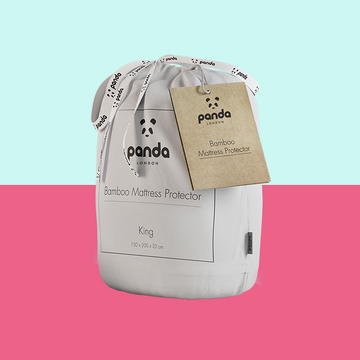
19 best mattress protectors to buy in 2025
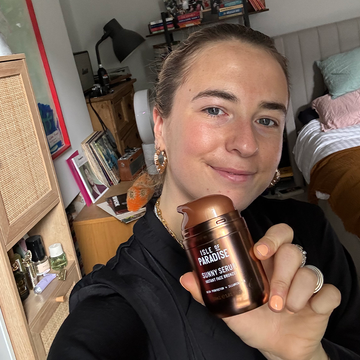
Best instant fake tans for 2025
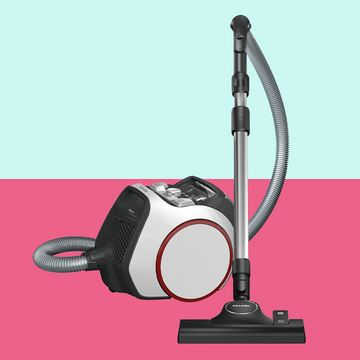
8 best cylinder vacuum cleaners
